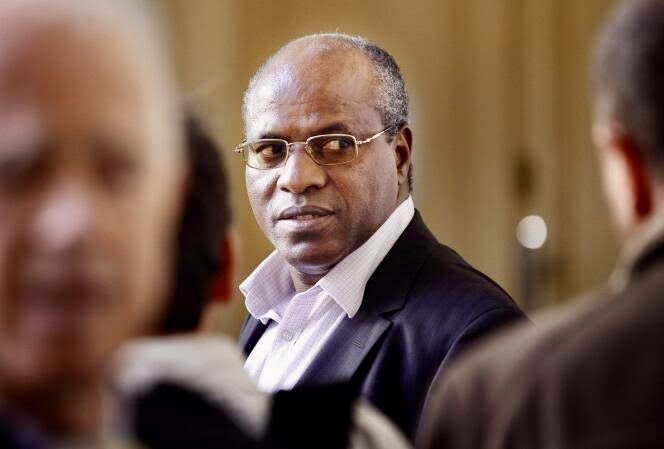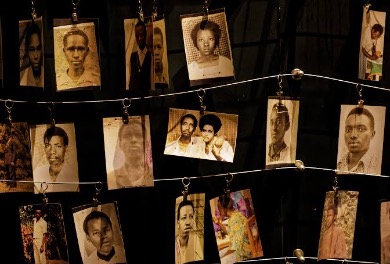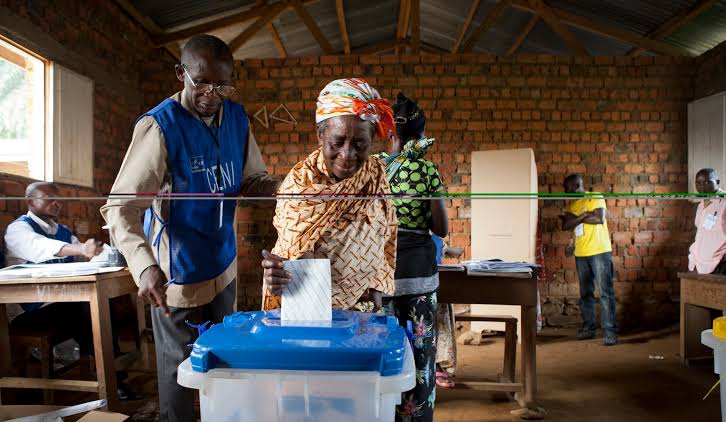
Faith Nyasuguta
In a landmark decision, a French court has sentenced former Rwandan doctor Sosthene Munyemana to 24 years in prison for his role in the 1994 genocide.
Convicted of genocide, crimes against humanity, and participating in a conspiracy to prepare these crimes, the 68-year-old former gynecologist was accused of assisting in drafting a letter for the interim government overseeing the massacre of Tutsis.
Additionally, Munyemana was implicated in organizing gatherings that facilitated the rounding up of Tutsi civilians in Butare, his residence during the atrocities. Despite moving to France shortly after the genocide, Munyemana maintained his innocence, and his legal team intends to challenge the verdict.
Meanwhile, in Brussels, a separate court found Rwandans Séraphin Twahirwa and Pierre Basabosé guilty of genocide and war crimes committed in Rwanda.
The duo was charged with multiple counts of murder and attempted murder of Tutsis and moderate Hutus in Kigali between April and July 1994. Their sentencing is scheduled for Wednesday.
These legal proceedings mark significant efforts to bring justice for the heinous crimes committed during the Rwandan genocide.
In November, the trial of Munyemana, commenced in France after nearly three decades of investigation, marking one of the country’s lengthiest legal proceedings.
Munyemana’s asylum request in 2008 was rejected by France, but in 2010, an extradition request from Rwanda was declined, arguing concerns about a fair trial.
An ethnic Hutu, Munyemana lived in Butare during the 1994 genocide and was close to Jean Kambanda, the head of the interim government established after the downing of then-president Juvenal Habyarimana’s plane. He is accused of supporting the interim government and mistreating Tutsi civilians.
Emmanuel Daoud, a lawyer for human rights organizations, highlighted Munyemana’s influential position and suggested his awareness of the atrocities. Munyemana’s defense contends that he provided refuge for Tutsis seeking protection.
His lawyer, Jean-Yves Dupeux, raised concerns about relying on eyewitness accounts from decades ago, emphasizing the difficulty in assessing events over such a prolonged period.

In June, Damas Gisimba, a man that sheltered and saved the lives of hundreds of people during the Rwandan genocide, died. He was 61.
In 1994, Gisimba and his brother were running an orphanage founded by their parents in Kigali, the Rwandan capital.
On 6 April, the plane carrying the Rwandan president, Juvénal Habyarimana, was shot down and his death was blamed on Tutsi rebels. Within hours, Kigali was surrounded by roadblocks and the slaughter of Tutsi families by Hutu forces began. The following day, people started arriving at the orphanage seeking shelter.
Over the next three months, Gisimba, who was of mixed Hutu-Tutsi ethnicity but had a Hutu ID card, and his brother, Jean-Francois, sheltered more than 400 children and adults who hid in the attic, the basement and in locked rooms.
“Damas is the reason why me and my family are alive today,” said Sonia Mugabo, a 33-year-old fashion designer, who was four when the genocide started. In the 1994 genocide, we were living next to the orphanage. He welcomed our family – he saved our lives.”
RELATED:




